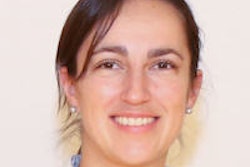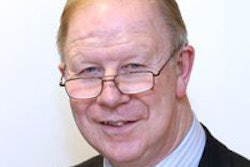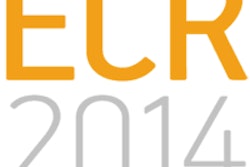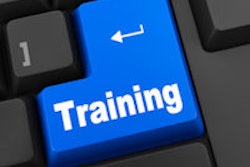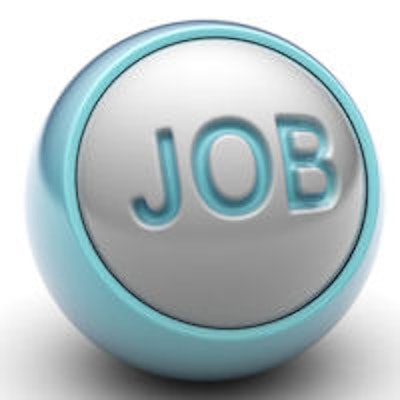
Always view your curriculum vitae (CV) as a work in progress that can be improved upon and refined, whatever your age and experience level. That was the central message of a special session for trainees held during last month's U.K. Radiological Congress (UKRC) in Manchester.
 Dr. Sundip Dhanvant Udani offers tips and tricks for brushing up your CV.
Dr. Sundip Dhanvant Udani offers tips and tricks for brushing up your CV.
"Keep your master CV up to date, and don't leave it until just before the job application is due to update it," noted Dr. Sundip Dhanvant Udani, from the North Western Deanery School of Radiology in Manchester. "Tailor the CV to a specific job, cross-reference it to the job specifications, and get it checked over."
Also, it's vital to identify your essential skills and consider what effect you have had on patient care and on a department or hospital in which you have worked. Go back to your old job and see what changes have occurred as a result of your input and work, and think seriously about how you can help other people, because by helping others, you will help yourself and have greater impact, advised Udani, who will soon be starting a fellowship in diagnostic and interventional neuroradiology at Bristol, U.K.
Try to learn from others at every opportunity, he told UKRC delegates. Listen to how other researchers and scientists give a lecture or a poster presentation, and ask for career guidance from senior doctors and mentors. Raise your profile by sending abstracts to conference organizers, getting published in high-impact journals, and participating in audits.
How to move up
In a separate talk, a recently appointed consultant (i.e., senior radiologist) gave some practical tips on how to secure a higher-level hospital post.
"You're in a strong position right now because in many places there are more jobs available than applicants," said Dr. Andy Counsell, who became a consultant uroradiologist at Stepping Hill Hospital in Stockport, U.K., in October 2013. "Massive outsourcing is taking place; for example, in northwest England, 10%-30% of total work is being outsourced."
Before the job interview, make sure you get familiar with all the management jargon, abbreviations, and current local, regional, and national healthcare issues, he recommended. During Counsell's own interview, the panelists asked him about the pros and cons of clinical commissioning groups (CCGs), as well as the implications of the scandal involving the Mid Staffordshire National Health Service (NHS) Trust in 2008 and 2009. He also had to give a short presentation about how he would make the radiological service more robust and safe, and he was only given this topic 10 minutes prior to the start of the interview.
Find out who will be on the interview panel and do some research about their job responsibilities and special interests, Counsell noted. If possible, meet beforehand with the clinical lead, the medical director, and the chief executive of the hospital to discuss the vacancy and their expectations, and turn up at the interview with questions that you want answered. In his own case, he asked the panelists about how the current restructuring program was likely to change his job.
He said he found this website particularly useful, although it charges for information and advice, it is well respected and good value for the money, he said.
CV checklist
Include details of awards and academic distinctions. Give an idea of the level of competition and significance of the prize, plus the amount if any money was awarded.
Career aims must be well-structured and thought out. Are your aims due to long-term interests or as a result of more recent experiences?
Managerial experience is vital, including local projects (within your hospital or group of hospitals), regional schemes (involvement with training scheme/representatives), and national ones (e.g., national society involvement). Have you attended training courses?
Employment history: Reverse chronological order on starting date. Consider tabulating and include exact dates, specialty, grade, and hospital for each post.
Summary of skills and experience: Review your national curriculum and identify the skills and level acquired. Remember a safe radiologist is expected.
Teaching experience: Local (departmental teaching, undergraduate, and postgraduate), regional (for training scheme/regional courses), national (invitations by societies to deliver lecture, teaching on national exam courses), and international (invitation to give lectures and talks).
Audits: How did they relate to patient care? Did they help identify issues and improve services? Have changes been made? Has the loop been closed with a follow-up audit? Can you apply the principles or extend the audit to other hospitals in your rotation?
Publications: Papers, posters, and oral presentations.
Research: Undergraduate and postgraduate research projects. Describe research skills developed.
Include computer/IT skills, culture and arts, language skills/special interests, charities and fundraising, and references.
Source: Dr. Sundip Dhanvant Udani.




